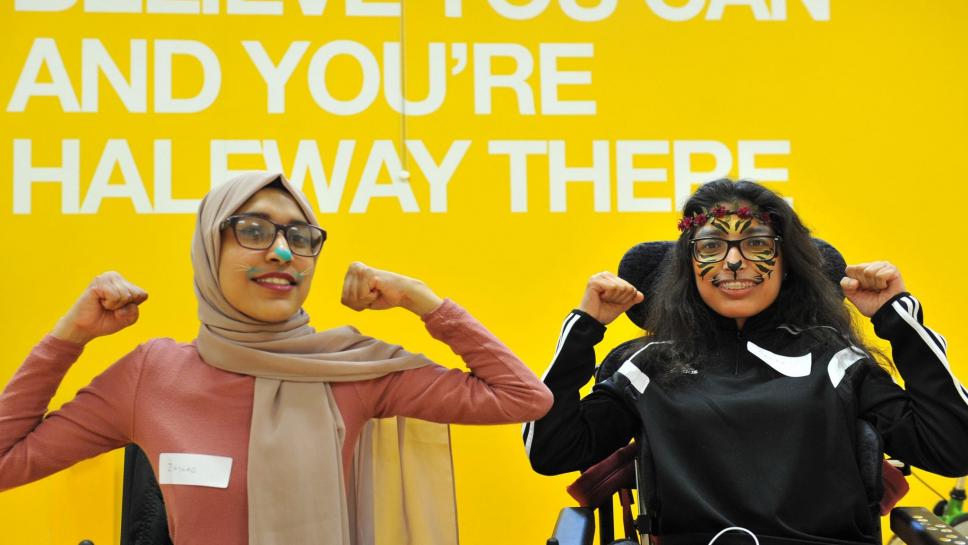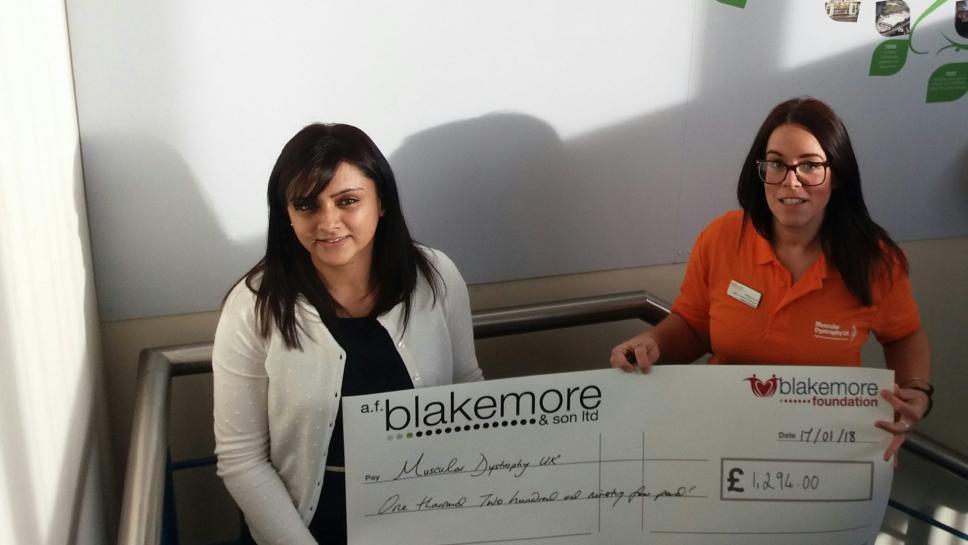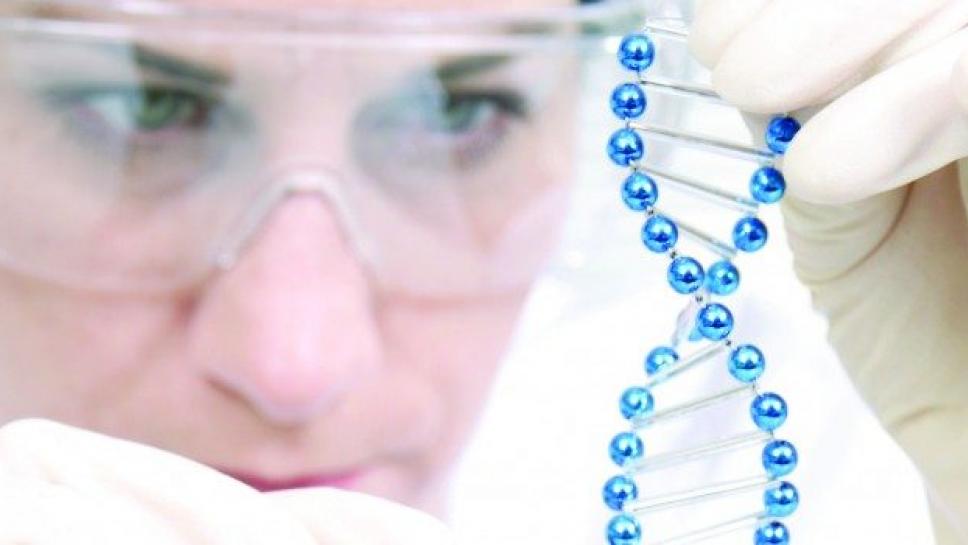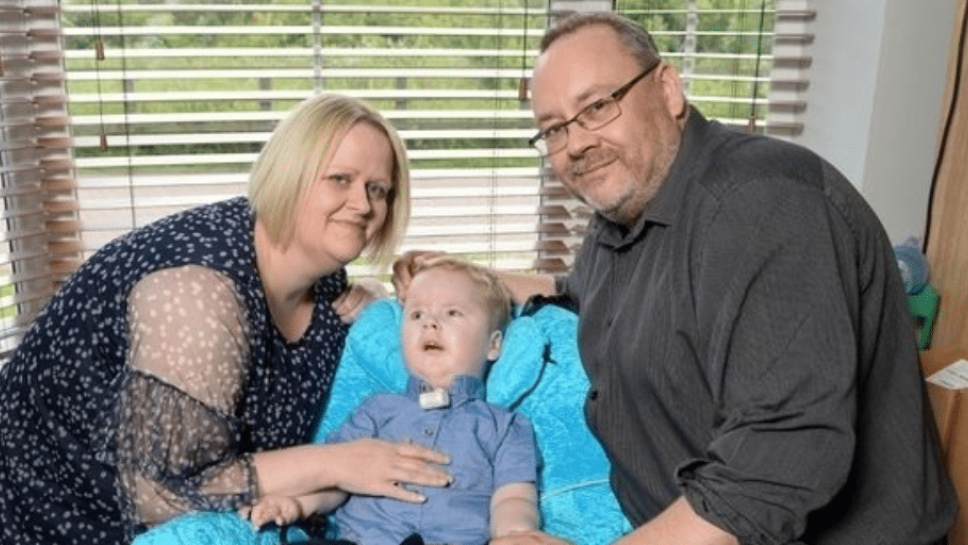Earlier this year Muscular Dystrophy UK launched our new ‘Here for You: Mental Health Matters’ project. The project has been set up to ensure that individuals and families affected by muscle-wasting conditions receive better support with their mental health.
To help lead this work we have recruited an expert steering group of consultant neurologists, care advisors, psychologists, palliative care specialists and individuals and families affected by muscle-wasting conditions.
There has now been two meetings of the group, as well as an international workshop with the European Neuromuscular Centre, held earlier this month, which focused on psychological support at diagnosis.
We are now pleased to share the forthcoming activities that will be undertaken to improve psychological and palliative care and support for people with muscle-wasting conditions.
This includes:
- February: new factsheets on palliative care and psychological services
- From Spring 2018: two residential camps for people aged 18 – 25 focussed on peer and psychological support
- From Spring 2018: Three muscle group meetings a year in partnership with a specialist psychologist
- April 13th: a consultation event for individuals and families to hear your views on psychological services and the project
- From Summer 2018: family fun and support days to help parents and their children meet others and have a fun day out
- Autumn 2018: a new training course for community psychologists will be launched to improve knowledge of the conditions
- Autumn 2018: a training event for care advisors and clinical nurse specialists to improve the psychological support they can offer
In addition to these new resources and events we will also be holding a six month long parliamentary inquiry through the All Party Parliamentary Group for Muscular Dystrophy. More details regarding the inquiry and how you can get involved will be available in the coming weeks.
Muscular Dystrophy UK are also working closely with statutory bodies to ensure the following:
- Specialist neuromuscular centres fund specialist neuromuscular psychologists that can see both adults, children and their families within clinic appointments
- A care pathway of psychological support for people with muscle-wasting conditions is created
- Awareness of muscle-wasting conditions and potential psychological needs associated with having a condition is improved
Nic Bungay, Director of Campaigns, Care and Information said:
Muscular Dystrophy UK regularly hear from individuals and families living with muscle-wasting conditions who are not receiving adequate support with their mental health and wellbeing. We are really pleased to announce these new resources that we hope will improve the care and support on offer across the UK.
If you would like to know more or become involved with our Mental Health Matters project please get in touch with our campaigns team: campaigns@musculardystrophyuk.org or on 020 7803 4826.









